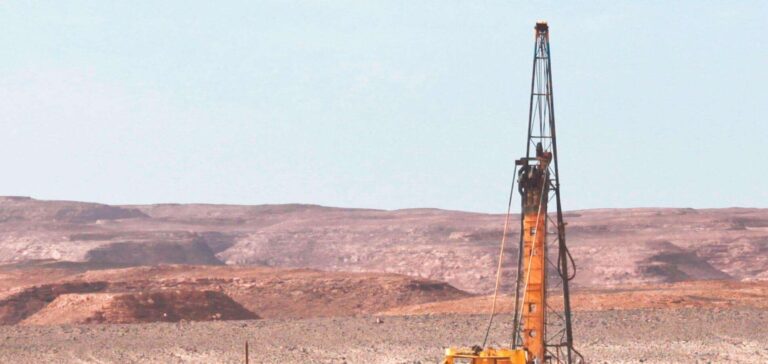Saudi Arabia and Kuwait continue to work on increasing crude oil production in their shared neutral zone fields.
Saudi Arabia – Kuwait: tensions and production
In the neutral zone, the offshore Khajfi field is operated by Saudi companies Aramco Gulf Operations Co and Kuwait Gulf Oil Co (KGOC).
The onshore Wafra field is operated by KGOC and the US company Chevron.
“Coordination is currently underway between companies operating in the divided area and the adjacent submerged area,” say the two countries in a joint statement, as Saudi Crown Prince Mohammed bin Salman wrapped up a tour of Gulf Cooperation Council countries with a visit to Kuwait that ended on December 10, 2021. 
270,000 bpd
Crude oil production at the onshore Wafra and offshore Khafji fields in the Neutral Zone is suffering from technical problems resulting from its prolonged shutdown.
With production ranging from less than 200,000 barrels per day (bpd) in some months, to a maximum of 270,000 bpd.
Prior to their closure in the mid-2010s, the fields typically produced a total of 500,000 bpd.
4 years of closure
Meanwhile, crude exports from the neutral zone in 2021 ranged from a low of 158,000 bpd in August 2021 to a high of 257,000 bpd in November 2021.
In addition, fields in the neutral zone were shut down for more than four years, until 2020.
This was due to a political dispute resolved by the signing of an agreement in December 2019.
Both states support OPEC+.
In addition to the neutral zone, the two countries also stated in their declaration that they would continue to support the OPEC+ alliance to “strengthen the stability of the world oil market”.
At their last meeting on December 2, 2021, the ministers decided to continue raising quotas by 400,000 bpd in January 2022.
Despite signs of an impending oversupply early next year.
The next alliance meeting will take place on January 4, 2022, to decide on February volumes.
Other areas of cooperation
At the same time, Saudi Arabia and Kuwait have decided to cooperate in other areas.
These include the development of renewable energies, electricity interconnections and emissions control.
This cooperation is at the heart of the Middle East Green Initiative launched by Saudi Arabia in early 2021.






















